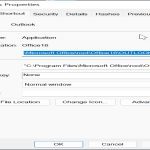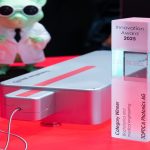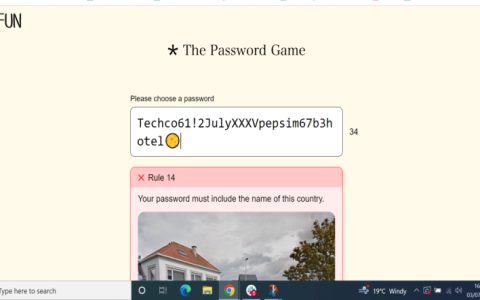A flash drive not appearing on your computer can stem from hardware issues, driver problems, or software conflicts. Address this promptly to recover data and restore functionality.
Common Causes
- Hardware malfunction: Damaged USB port or faulty drive connector.
- Driver corruption: Outdated or corrupted drivers preventing detection.
- File system errors: Corruption due to improper ejection or malware.
- Missing drive letter: Unassigned partition in system management.
- Physical damage: Internal wear or component failure.
Basic Troubleshooting Steps
Start with these simple checks to rule out common issues before proceeding deeper.
- Test on another device: Plug the flash drive into a different computer or USB port to isolate the problem.
- Inspect the drive: Examine for physical damage; gently clean the USB connector if debris is visible.
- Restart your system: A reboot can resolve temporary glitches causing non-detection.
Advanced Fix Methods
If basic steps fail, delve into system-level solutions using built-in tools.
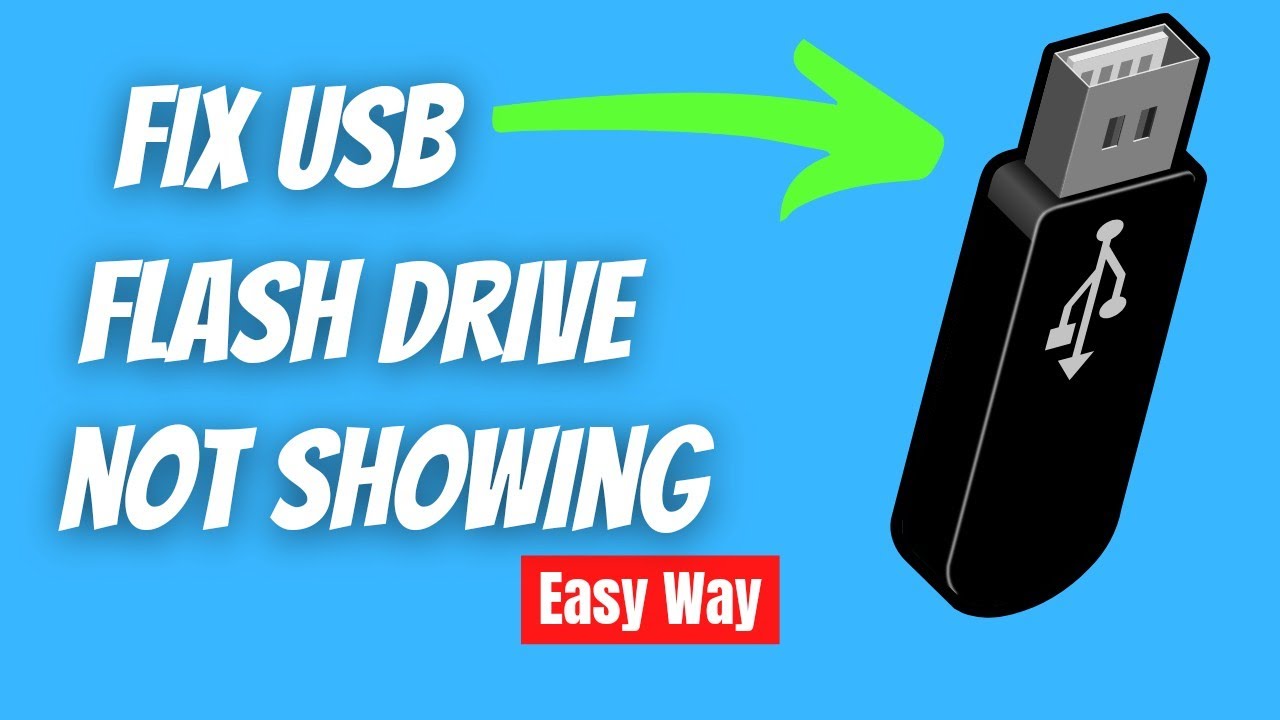
Step 1: Verify in disk management
Access your operating system's disk utility to confirm drive presence. If listed without a drive letter, manually assign one via the tool's partition function.
Step 2: Update or reinstall drivers
Navigate to hardware manager, locate the flash drive entry, and update drivers or perform a reinstall to clear conflicts.
Step 3: Scan for file system errors
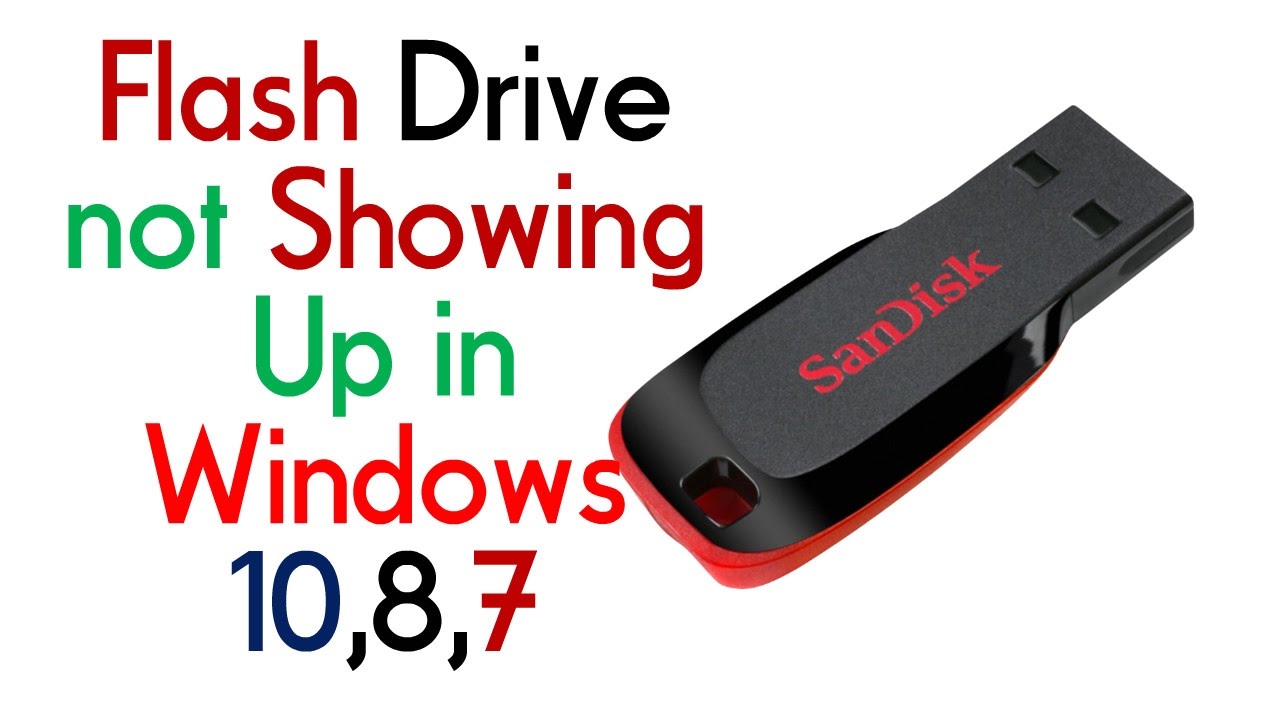
Utilize the integrated file system check command to repair errors. This often resolves recognition issues without data loss.
Step 4: Clean using command tools
Employ low-level command utilities to reset the drive's partition table or format it, but backup data first if possible.
Prevention Tips
Adopt these best practices to minimize future occurrences.
- Safely eject drives: Always use the eject function to prevent file corruption.
- Maintain backups: Regularly copy data to another storage medium.
- Keep software updated: Ensure operating systems and drivers are current to avoid conflicts.

